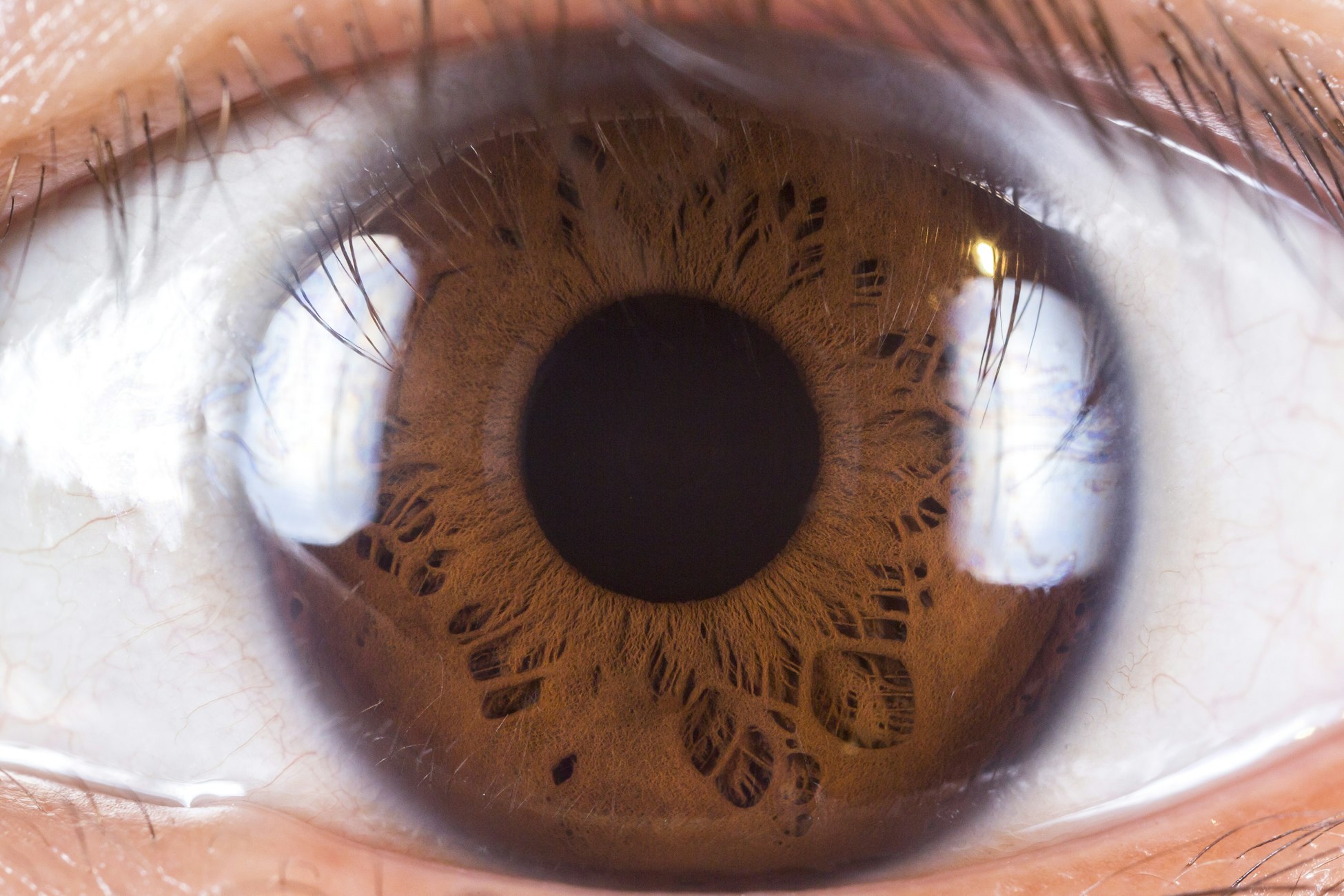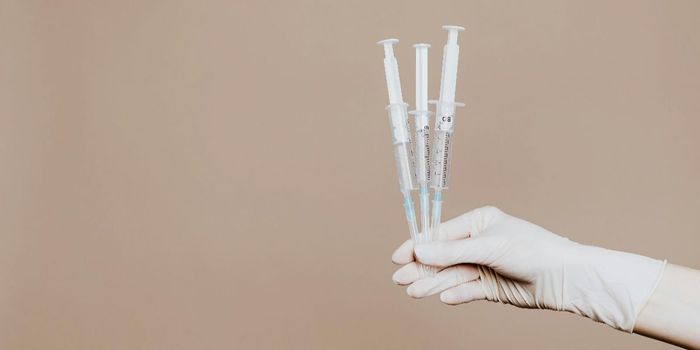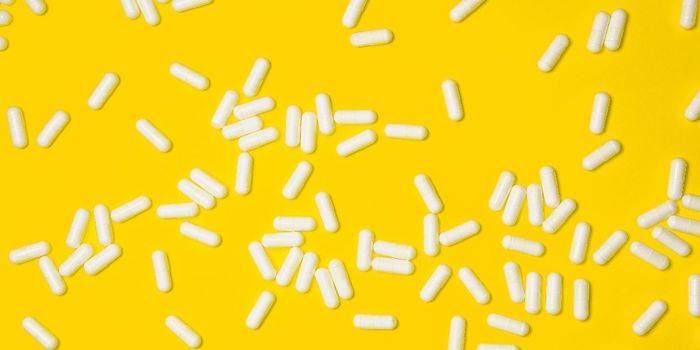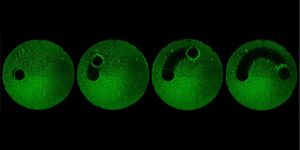Promising treatment for severe dry eye disease
In a study published in Translational Vision Science and Technology, a phase I/II clinical trial involving a novel enzyme-based treatment for severe dry eye disease has showed significant improvement in reduced signs of the disease along with a reduction in discomfort.
Normally, enzymes present in tears chop up and clear DNA and other debris on the cornea, but in patients with dry eye disease, there is not enough DNase to clear the material.
The clinical study compared eye drops containing a biosynthetic form of an enzyme called DNase—which breaks up nucleic acid-based material on eye surfaces--with eye drops did not include the DNase enzyme.
"Participants in the trial who used the drops with DNase reported less eye discomfort and their corneas were healthier," said Dr. Sandeep Jain, professor of ophthalmology and visual sciences in the University of Illinois at Chicago College of Medicine and principal investigator of the clinical trial.
For patients with dry eye disease, there is not enough natural DNase enzyme present in their tears to clear the debris that accumulates on the cornea--the transparent outer layer of the eye. The disease is characterized by a dysregulation of tear production and inflammation of the cornea—which can lead to eye pain that is often disabling.
"In dry eye disease, several things happen," Jain explained. "There is an increase in the number of white blood cells called neutrophils that gather on the surface of the eye. Neutrophils release DNA which forms webs on the cornea called neutrophil extracellular traps, which cause inflammation of the ocular surface and attract additional neutrophils in a vicious cycle."
Learn more about dry eye disease:
"The data from this early clinical trial suggests that DNase eye drops may be safe and effective for treating severe dry eye, and we look forward to conducting larger randomized trials to definitively prove its efficacy," Jain said.
DNase is currently approved by the U.S. Food and Drug Administration for the treatment of cystic fibrosis and considered experimental for treating dry eye disease.
"The burden of severe dry eye is much greater than just having an occasional feeling of dryness," Jain said. "It can severely compromise quality of life to the point of disability and can compromise a person's vision. There are currently only two approved drugs to treat dry eye, and they don't work for everyone, especially those with severe disease, so having a new drug that can treat the disease is very important."









